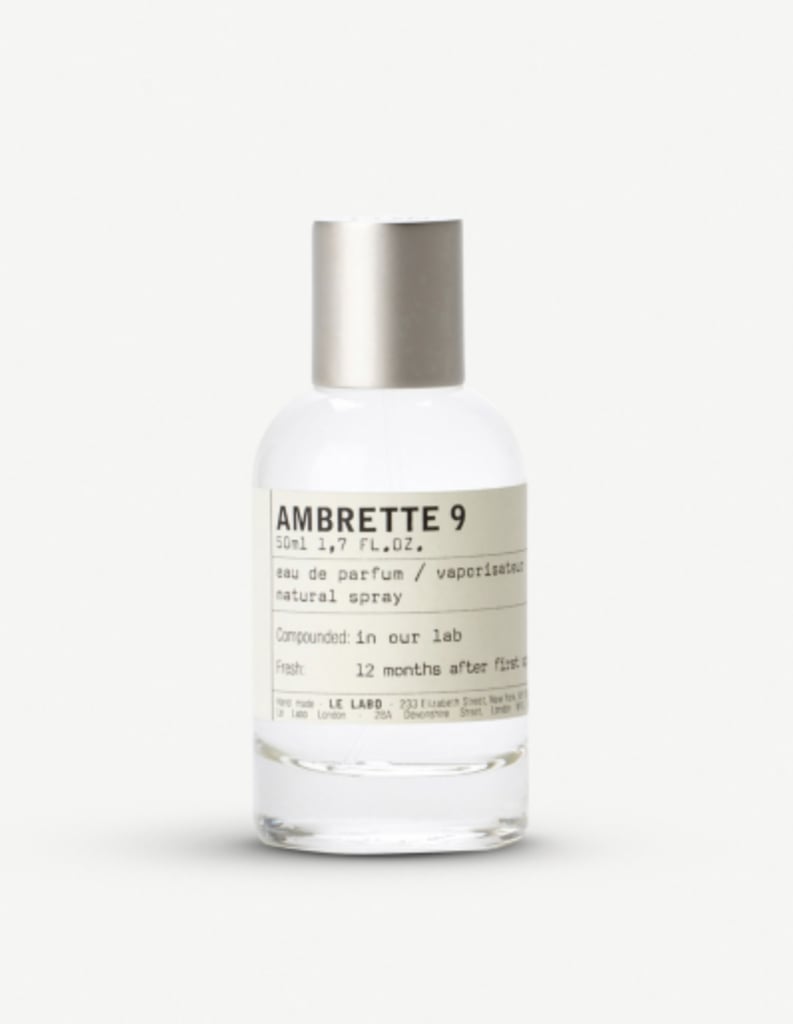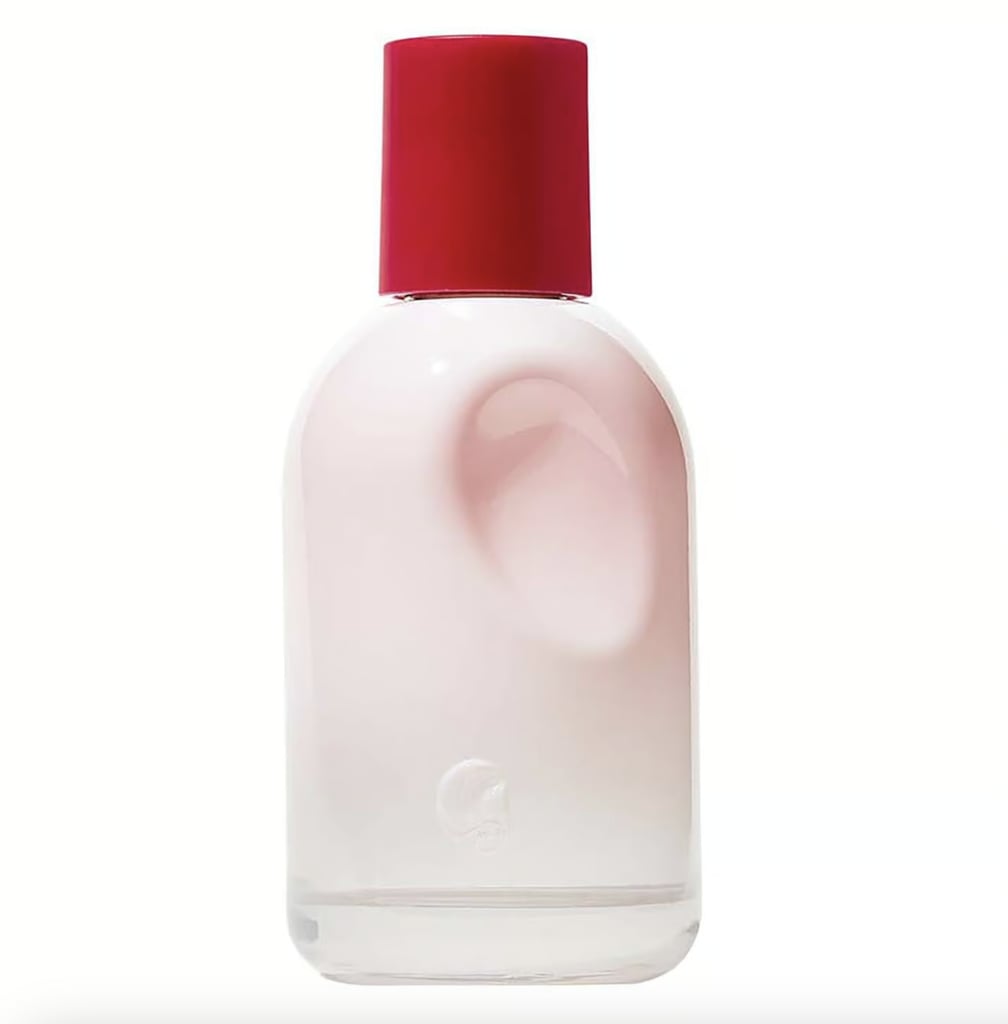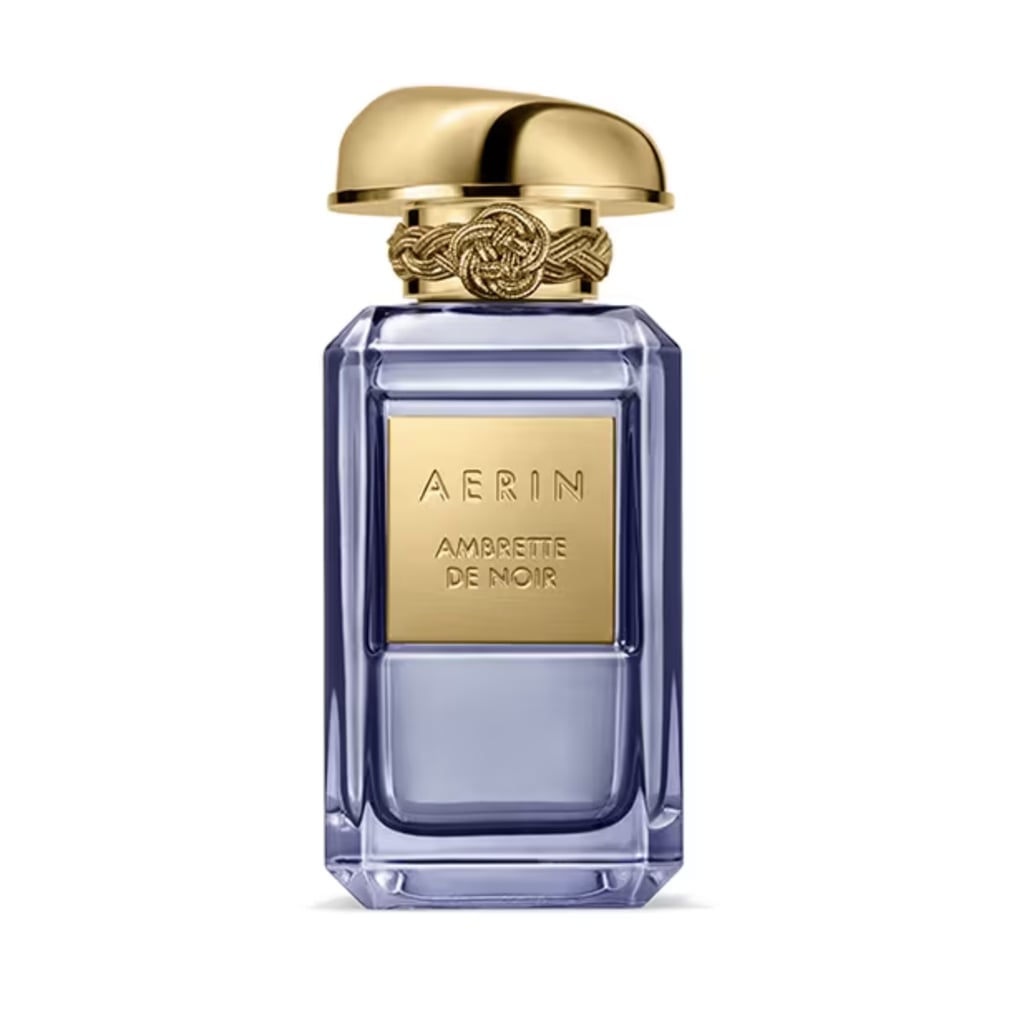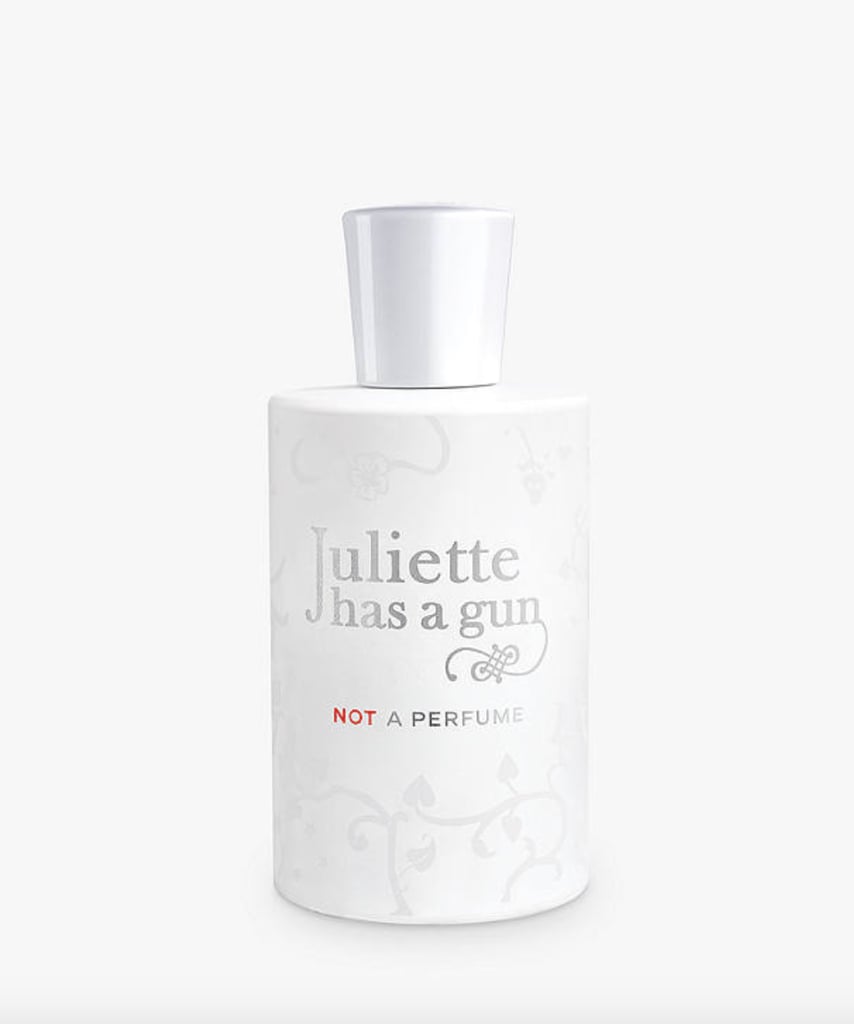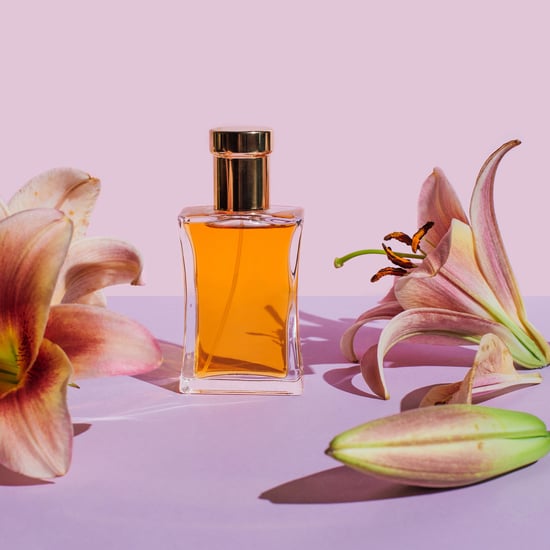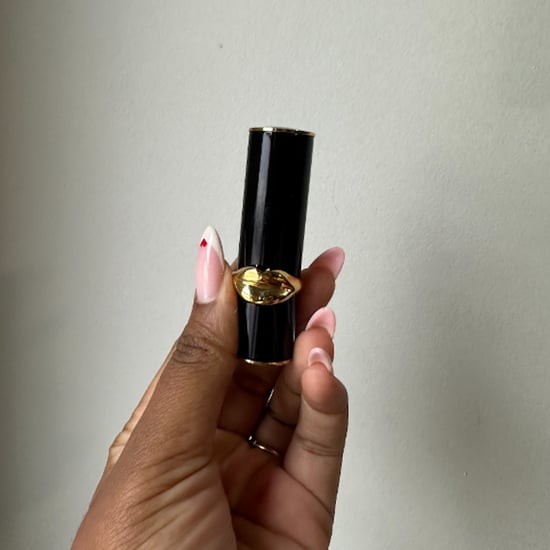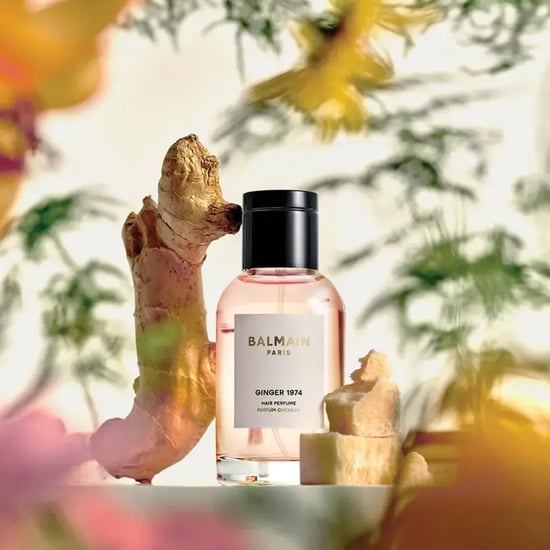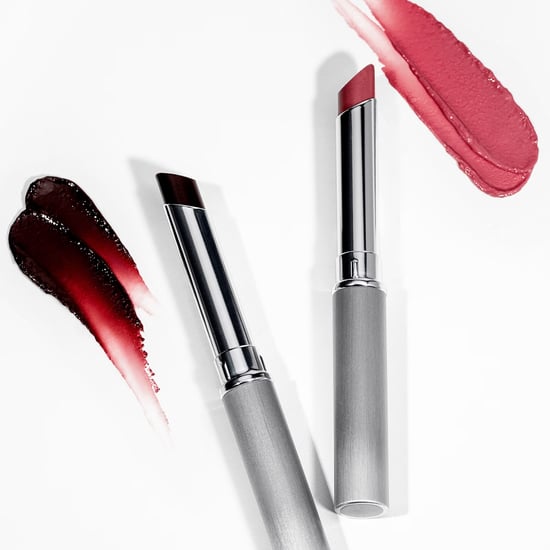Ambergris: What It Is, Is It Ethical, Alternatives
Is Whale Vomit What’s Making Your Perfume Smell So Good?
As POPSUGAR editors, we independently select and write about stuff we love and think you'll like too. If you buy a product we have recommended, we may receive affiliate commission, which in turn supports our work.
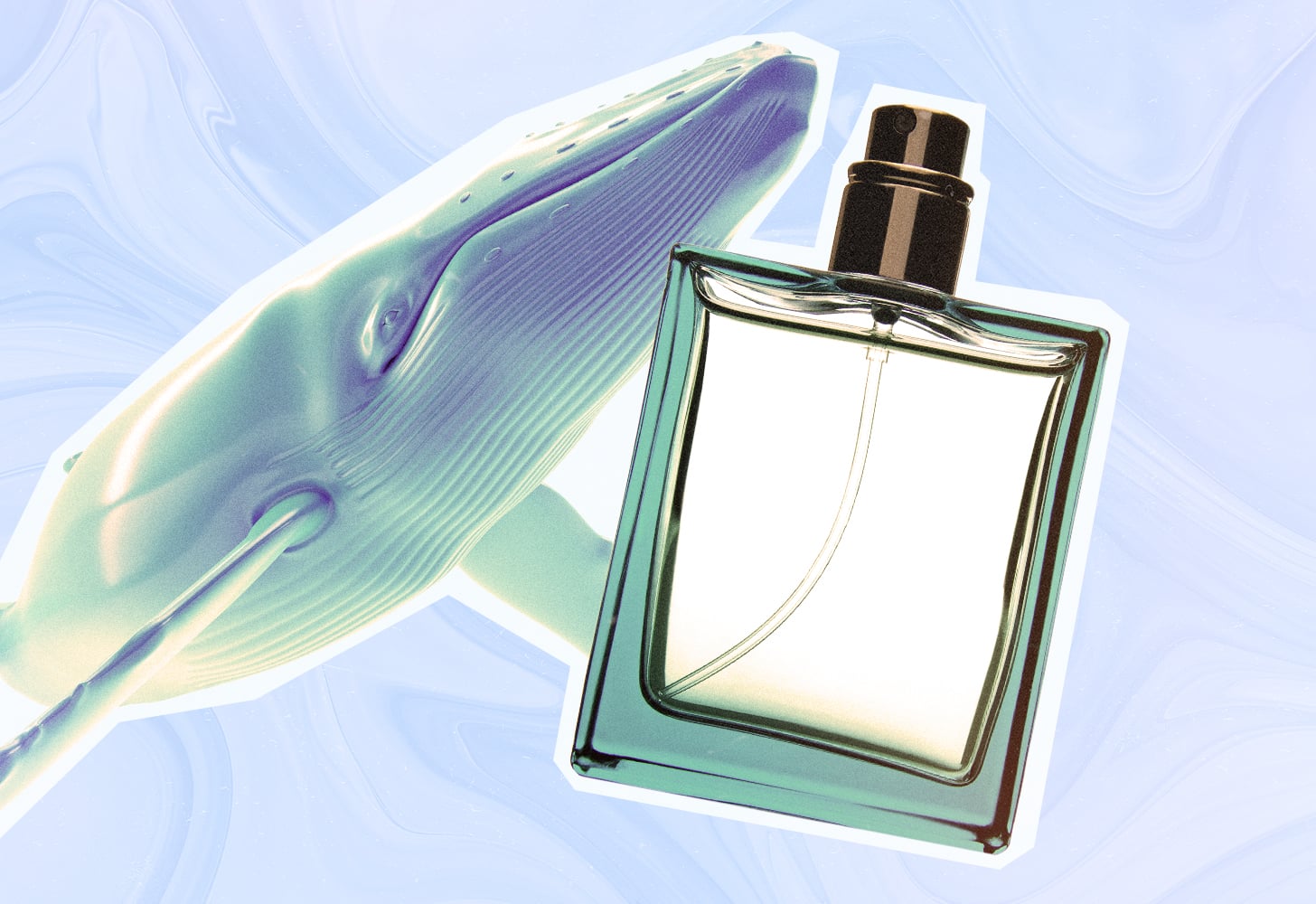 Image Source: Getty / SEBASTIAN KAULITZKI, Jay B Sauceda and Photo Illustration by Aly Lim
Image Source: Getty / SEBASTIAN KAULITZKI, Jay B Sauceda and Photo Illustration by Aly Lim
Picture this: you walk into a room wearing your favourite perfume and every person you pass whips their head in your direction, practically salivating at your aroma. The compliments that follow would make even the most stoic person blush. For that moment, you're on top of the world.
If you're on the hunt for perfumes that will garner you this sort of reaction and want to know what scent profiles to look for, you're not alone. In your research, you may come across an ingredient called ambergris. Beloved by noses across the industry, ambergris can be likened to perfumer's gold — it is incredibly rare and, when added to a fragrance, can take it to the next level by boosting its warm, sweet, and amber notes.
"It's an extremely valuable substance that's known for its unique scent and fixative qualities," November Nichols, perfumer and owner of Chémin, tells POPSUGAR. "It enhances the longevity and depth of the fragrances that it's added to."
Also known as whale vomit (yes, you read that right), ambergris is such an expensive ingredient that it's typically only found in more niche luxury formulations. To help you understand this ingredient further, Nichols explains how ambergris is harvested, as well as alternatives that you can look out for when buying your perfumes.
What Is Ambergris?
You likely weren't expecting to find out that ambergris is just a fancy name for whale vomit but it's true. "It originates from the digestive system of sperm whales," Nichols says. "Ambergris is produced to protect the whale's gut from sharp objects and, over time, is expelled and can be found floating in the ocean or washed ashore."
Traditionally, ambergris is collected after it has exited the whale's body and it is typically found on the ocean's surface or along coastlines.
Is Ambergris an Ethical Ingredient?
Acquiring ambergris is generally considered an ethical practice as it is typically excreted from the whale naturally and should involve no contact with or harm to the animal. However, ethicality can vary depending on local laws and conservation efforts.
"The trade of ambergris is indeed regulated due to the protected status of sperm whales," Nichols says. "In some countries, it is illegal to trade or possess ambergris." While acquiring ambergris isn't necessarily a harmful practice, sperm whales have been listed as endangered under the Endangered Species Act since 1970, according to the National Oceanic and Atmospheric Administration. This was primarily due to whaling, which is the hunting of whales for their usable products like meat and blubber. While it is not as common of a practice as it used to be, the sperm whale population is still recovering from whaling, and as such, most countries have made the practice illegal. Some places have even gone as far as to prohibit the possession and trade of ambergris to discourage the use of any whale by-products that may accidentally cause harm to the population.
Ambergris Alternatives
As a result of conservation efforts, ambergris alternatives have become incredibly popular, such as ambroxan. "These synthetic versions are often used as they are more sustainable and ethical, avoiding any impact on whale population," Nichols says. "While purists might argue about the quality difference, synthetics provide a consistent and controlled scent profile and are a more environmentally responsible option." Other natural ambergris alternatives are labdanum and ambrette seed, which have a warm, earthy, and slightly sweet aroma. Some perfumes that contain ambergris alternatives are Le Labo's Ambrette 9 (£168), Glossier's You Eau de Parfum (£62), Aerin's Ambrette de Noir (£160), and Juliette Has a Gun's Not a Perfume (£95).
Ambergris can be an incredible ingredient to enhance your perfume, but it's important to note its origins and why conservation efforts are ongoing. Alternatives are a great way to get the same experience without the use of whale by-products. Not to mention, these substitutes often make your fragrance a bit more affordable — a win-win.
